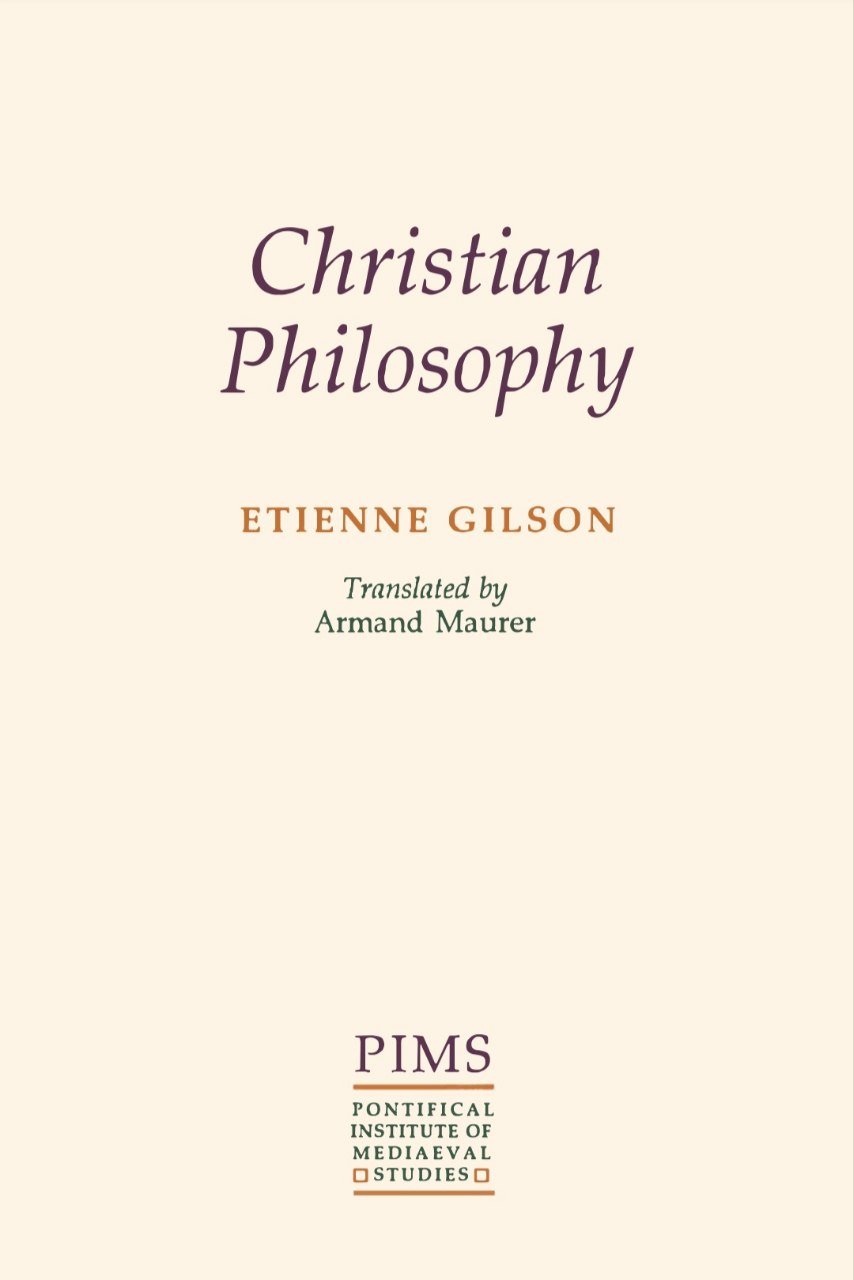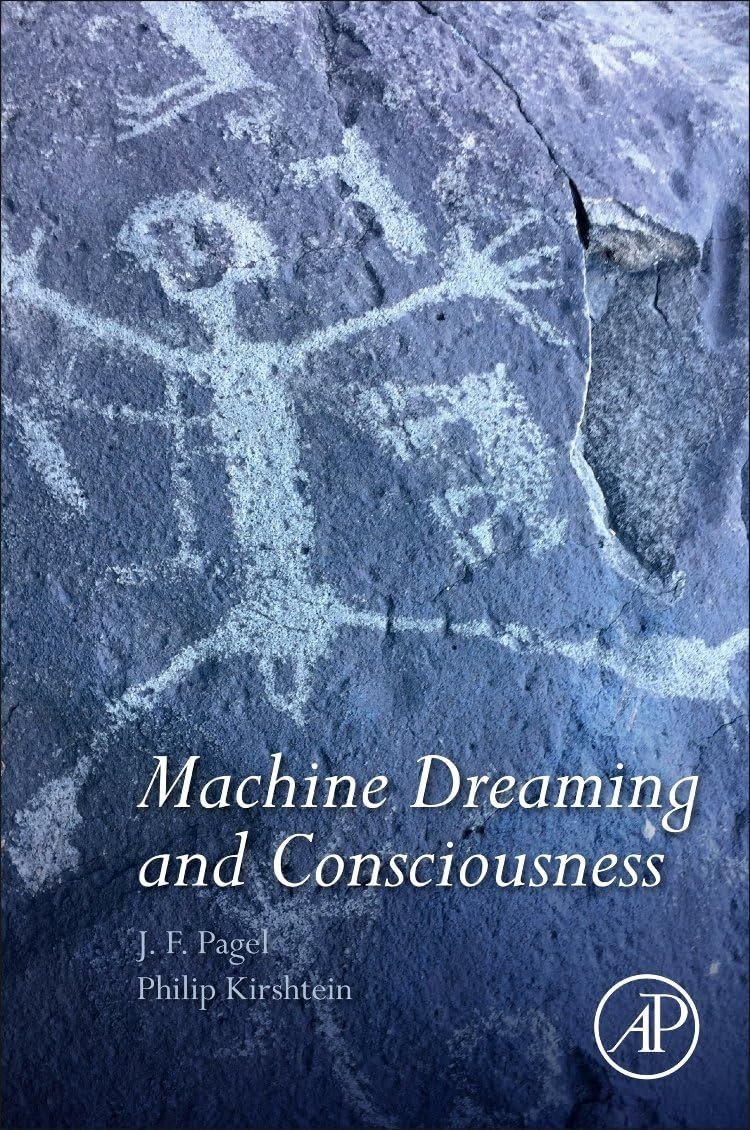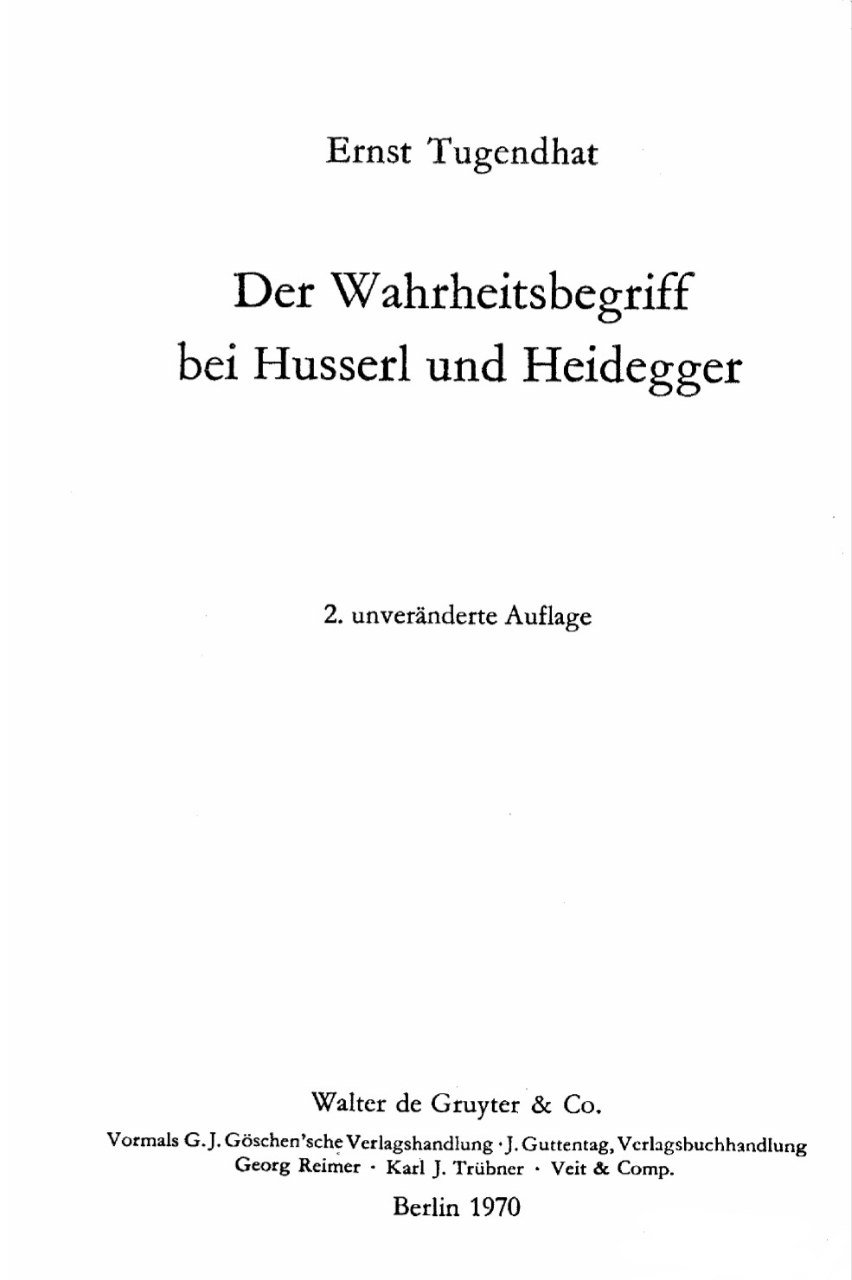

Petrified Intelligence by Alison Stone
Reviews
No review yet. Be the first to review this book!
Description
"Petrified Intelligence: Nature in Hegel’s Philosophy" by Alison Stone offers a profound exploration of the concept of nature within the framework of Georg Wilhelm Friedrich Hegel's philosophy. Stone delves into the intricacies of Hegel's view on nature, examining its relationship to his overall philosophical system, particularly in terms of his dialectical method, idealism, and the evolution of consciousness. In Hegel’s philosophy, nature plays a crucial role in the development of self-consciousness, and this book is an in-depth examination of how nature is conceptualized as both a necessary and a paradoxical element within Hegelian thought. Stone argues that, for Hegel, nature is not a mere collection of physical phenomena but is deeply interconnected with human consciousness and thought. She investigates Hegel's notion of "petrified intelligence", a term that refers to the way in which nature is seen as a manifestation of the divine, yet in a "fixed" or "frozen" state, which contrasts with the dynamic unfolding of human spirit and reason. The concept of petrification is explored in relation to Hegel's dialectical process, where contradictions and tensions within nature ultimately lead to their resolution in the realm of human thought and freedom. Stone illustrates that for Hegel, nature is not simply something passive or inert but is part of the dialectical process that moves toward the realization of absolute knowledge. She further expands on how this movement from nature to spirit is not a simple transition but one marked by a complex interplay between material and ideal realms, where nature represents the "other" or externality that must be sublated into the higher truth of spirit. One of the key discussions in the book is Hegel's critique of traditional metaphysical and naturalistic views of nature, particularly the reduction of nature to mere mechanistic processes or empirical facts. Stone argues that Hegel’s idealism requires a more nuanced understanding of nature, one that recognizes its role in the development of thought and spirit. In Hegel’s view, nature is not to be understood in isolation from human consciousness; rather, it is through the human experience of nature that the potential for higher forms of knowledge and self-realization emerges. "Petrified Intelligence" also engages with Hegel’s idea of nature as a realm of alienation, where life and intelligence are "petrified" into forms that are external to human spirit. This alienation is only overcome through the development of human freedom, wherein the individual and collective spirit gradually come to realize their unity with nature. Stone emphasizes how this dialectical resolution requires a movement beyond the empirical and the abstract to recognize the full dynamic complexity of nature, which, when fully understood, reveals its deeper connection to human consciousness and freedom. Alison Stone’s work contributes significantly to the field of Hegel studies by offering an innovative interpretation of Hegel’s views on nature, particularly by bridging Hegelian idealism with contemporary debates in philosophy of nature and environmental philosophy. The book serves as both an introduction to Hegel's philosophy of nature and a sophisticated analysis for those already familiar with Hegel's thought. "Petrified Intelligence" is invaluable for anyone interested in understanding the philosophical underpinnings of Hegel's system and the ways in which nature and spirit interact in the formation of human consciousness and the world as a whole. In sum, "Petrified Intelligence" provides a rich and thought-provoking analysis of the central role nature plays in Hegel's philosophy, offering new insights into his dialectical method, the relationship between nature and spirit, and the ultimate reconciliation of human consciousness with the world. Stone's examination presents a compelling case for how Hegel's thought remains relevant to contemporary philosophical discussions about nature, idealism, and the nature of human freedom.




















.jpg)




.jpeg)





.jpg)


.jpg)







.jpeg)





.jpeg)















.jpg)
.png)


.jpeg)
.jpg)






.jpg)






.jpg)


.jpeg)

.jpg)


















































